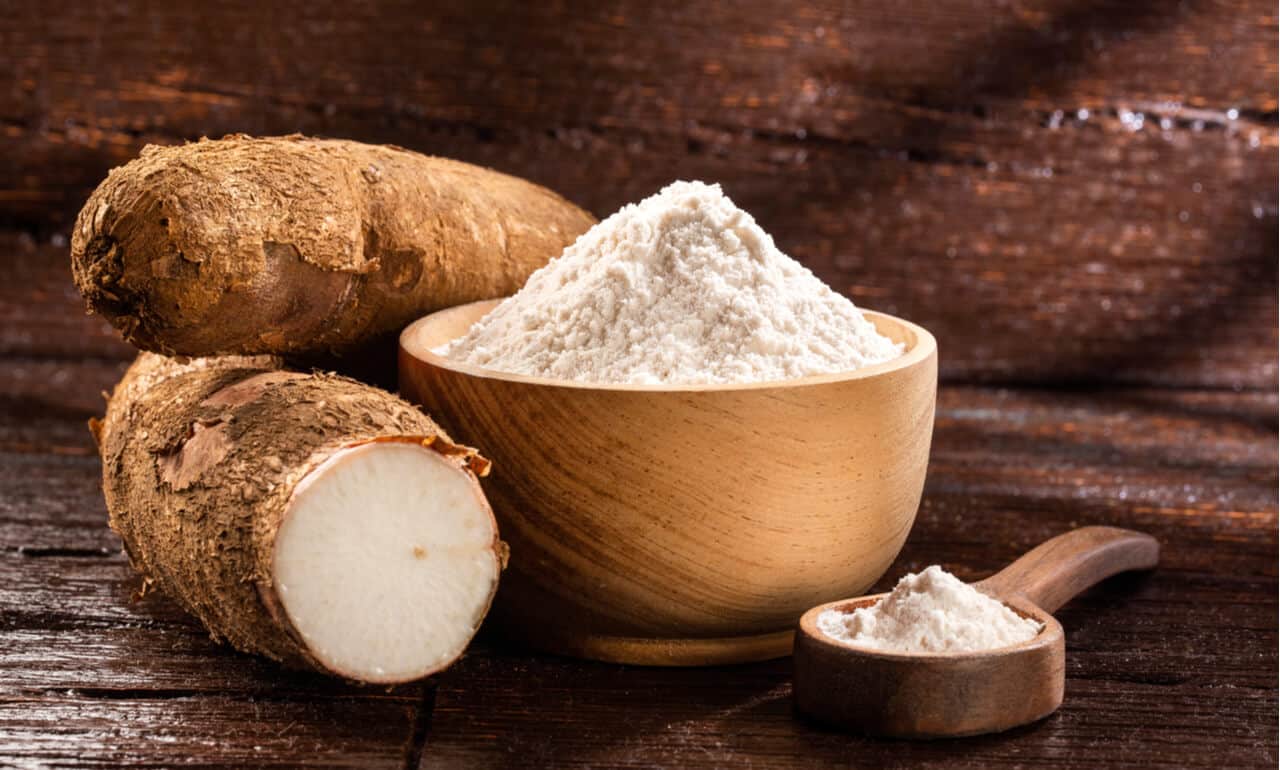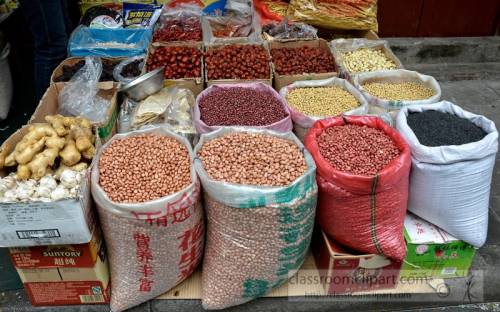These are the 12 High-Carb Foods In Nigeria’ With the rise in popularity of low-carbohydrate diets, carbs have gotten a bad rap in recent years. But the truth is, carbs are an essential part of a healthy diet – and there are plenty of delicious high-carb foods out there to enjoy.
12 High-Carb Foods In Nigeria
In this blog post, we’ll be exploring 12 of the best high-carb foods in Nigeria. From staple dishes like rice and beans to more unusual options like yams and plantains, there’s something for everyone on this list. So whether you’re looking to add more carbs to your diet or just want some inspiration for new recipes, read on for our top picks.
READ ARTICLE: How To Manage Stress This Holiday Season 2022
Rice

Rice is a staple food in Nigeria and many other parts of the world. It is a grain that is usually cooked and eaten as a main dish.
There are many different types of rice, but the most common type of rice in Nigeria is white rice. White rice is a type of rice that has been milled to remove the bran and germ. This process makes the rice less nutritious but it also makes it easier to cook and eat.
Rice is a good source of carbohydrates and it is also a low-fat food. However, it is important to note that not all carbs are created equal. Refined carbs such as white rice can cause spikes in blood sugar levels which can be detrimental to health. It is therefore important to choose unrefined carbs such as brown rice or wild rice instead.
Beans
Beans are an excellent source of carbohydrates, providing over 20g of carbs per 100g serving. They’re also a good source of protein and fibre, making them a nutritious and filling food. Beans are popular in many Nigerian dishes, such as moin moin and ewa agoyin.
Plantains
Plantains are a staple in Nigerian cuisine. They can be boiled, fried, or roasted and are often served as a side dish. Plantains are a good source of carbohydrates and fiber.
Sweet potatoes
Sweet potatoes are a great source of carbohydrates in Nigeria. They can be eaten boiled, roasted, or fried and are often served with stews or soups. Sweet potatoes are also used to make fufu, a popular dish in Nigeria.
Yams
Yams are a type of root vegetable that is commonly consumed in Nigeria. They are an excellent source of carbohydrates, providing the body with energy. Yams can be boiled, roasted, or mashed, and are often served with stews or sauces.
Yams are a popular choice for many Nigerians, as they’re filling and can be cooked in a variety of ways. They’re also a good source of resistant starch, which has been shown to have health benefits like improved blood sugar control and gut health.
Cassava

Cassava is a root vegetable that is popular in many parts of the world, including Nigeria. It is a good source of carbohydrates and has a high starch content. Cassava can be cooked in many different ways and is often used as a base for stews and soups. It can also be boiled or roasted and eaten as a side dish.
Cassava is another staple starch that’s commonly consumed in Nigeria. It’s often used to make fufu, a popular dish that’s typically served with soup or stew. Cassava is also a good source of fibre and vitamins C and B6.
Maize
Maize is a high-carb food that is popular in Nigeria. It is used to make many different dishes, including porridge, bread, and cakes. Maize is a good source of energy and contains vitamins and minerals that are essential for good health.
Breadfruit
Breadfruit is a type of fruit that is high in carbohydrates. It is native to the tropical regions of the world and is a popular food in many African countries. Breadfruit is a round, green fruit with a textured surface. It has a sweet, nutty flavour and can be eaten raw or cooked. Breadfruit is an excellent source of dietary fibre and vitamins A, C, and B6. It also contains minerals such as iron, magnesium, and potassium.
Cocoyam
Cocoyam is a high-carbohydrate food that is popular in Nigeria. It is made from the root of the plantain tree and is typically boiled or roasted before being eaten. Cocoyam is a good source of dietary fibre and essential vitamins and minerals, making it an important part of the Nigerian diet.
Fruits
Fruits are high in carbohydrates and should be avoided if you are watching your carb intake. Nigeria has a wide variety of fruits, including:
– mangoes
– bananas
– oranges
– pineapples
– grapefruit
While all of these fruits are high in carbs, they also offer a good source of vitamins and minerals. If you are going to eat fruit, choose ones that are lower in sugar for the best results.
Vegetables
Vegetables are an important part of a healthy diet, and there are plenty of delicious high-carb options to choose from in Nigeria. From starchy staples like yams and cassava to nutrient-rich leafy greens, there’s something for everyone.
Leafy greens like spinach, kale, and collard greens are packed with nutrients like vitamins A, C, and K, as well as calcium and iron. They’re versatile vegetables that can be used in a variety of dishes, from soups and stews to salads and stir-fries.
Meat

Animal flesh consumed as food is known as meat. Since the beginning of time, people have hunted, farmed, and scavenged animals for food. The Neolithic Revolution saw the domestication of animals like chickens, sheep, rabbits, pigs, and cattle as a result of the creation of towns.
Summary
Nigeria is home to a variety of high-carb foods. The most popular of these is fufu, which is made from cassava or yams, and rice. Other high-carb staples include plantains, yams, and sweet potatoes.
While there are many healthy and delicious high-carb foods in Nigeria, they can also be a source of empty calories. Processed flour products like white bread and noodles are often made with refined carbs that have been stripped of their nutrients. And added sugars found in sweets and sugary drinks can cause blood sugar spikes that lead to energy crashes.
When choosing high-carb foods, opt for those that are unprocessed and rich in fibre, vitamins, and minerals. These include whole grains like brown rice and oats, starchy vegetables like sweet potatoes, legumes such as beans and lentils, fruit, and dairy. By including these nutrient-dense foods in your diet, you’ll be getting the most out of their carbohydrates.
ALSO, EXPLORE: Why You Should Avoid Beetroot And What It Can Do To Your Body

